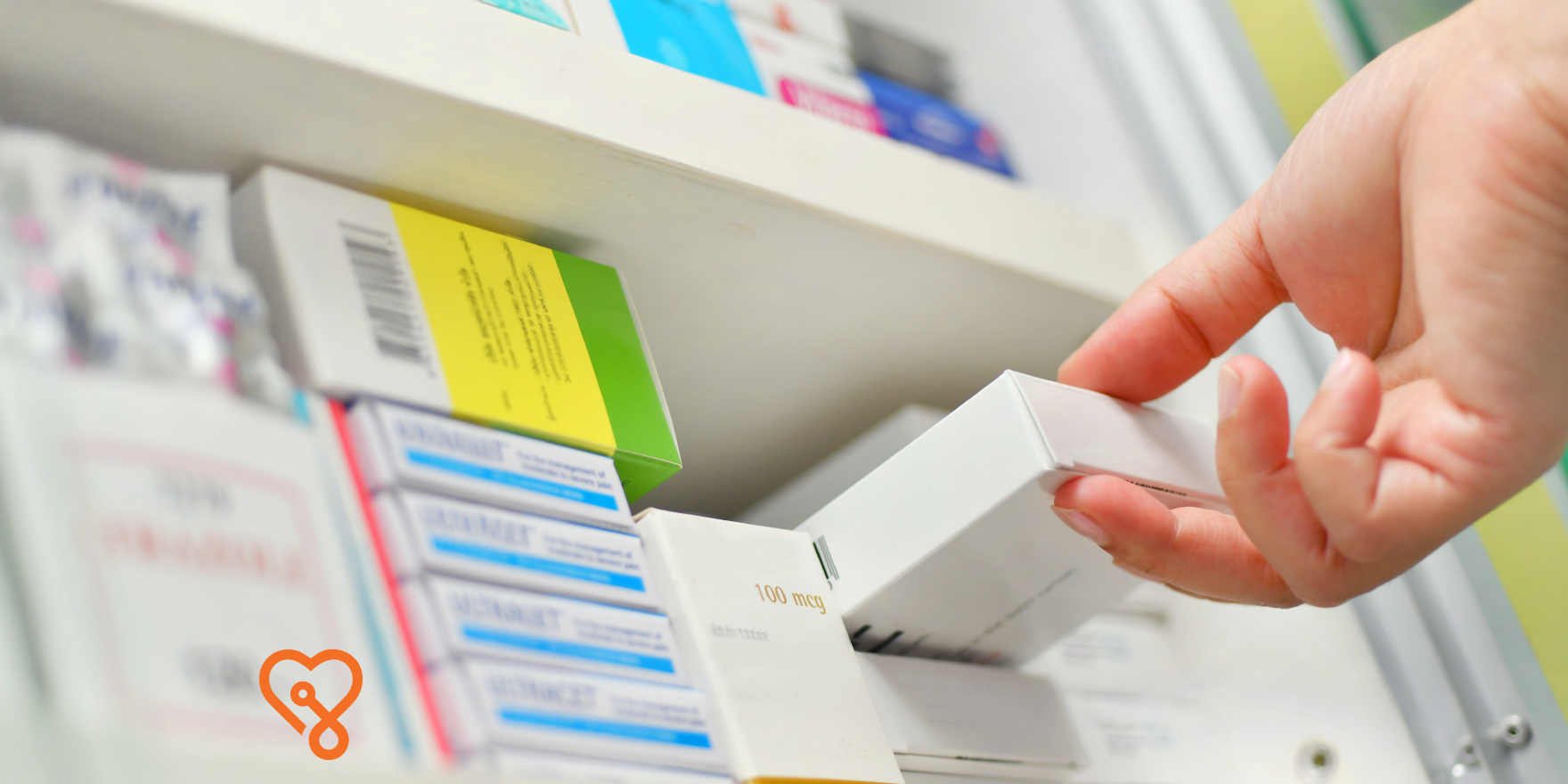Privately insured patients may have benefits to help cover the cost of medication ineligible for a government subsidy.
Depending on their health fund and level of cover, your patients may have benefits that can help cover the cost of non-government-subsidised medication.
The Pharmaceutical Benefits Scheme (PBS), Repatriation Pharmaceutical Benefits Scheme (RPBS) and Life Saving Drugs Program are all government programs that help to keep the cost of medicines down for Medicare-eligible Australians.
The PBS lists all medicines that can be prescribed to patients at a lower price. When you prescribe items on the PBS, your patients will pay no more than $30 for most medicines, or no more than $7.30 if they have a concession card, with the remining cost subsidised by the Australian Government.
This patient co-payment was recently reduced on 1 January 2023 from $42.50 to $30.00 per pharmaceutical benefit and is indexed on 1 January every year.
While the PBS list includes medicine for most conditions, not all medication that you can prescribe is subsidised by the government. If a medicine is not covered by the PBS, patients pay full price – a price that is typically higher compared to subsidised medication.
Rebates for non-PBS medication are available
The good news is, if you need to prescribe medication that is not eligible for a government subsidy, your patients may still receive a rebate on non-PBS medicine through their private health insurance.
Reminding your patients of this benefit could see them save on their otherwise expensive, completely patient-funded medication.
Benefits for non-PBS items are usually included under extras cover, otherwise known as general treatment cover. The eligibility criteria and conditions around what kinds of non-PBS medication can be claimed, waiting periods, annual limits and individual item benefits varies across each health fund. For example, whether the policy benefits include coverage for immunisations, such as allergy medication, or any thresholds that need to be met before benefits can be paid.
It is important that your patient checks with their health fund as to what is available to them.
Your patient’s health fund may also have requirements for the information they need to process a claim. It’s helpful to prompt your patients to ask for an Official Pharmacy Receipt from their pharmacy when their medication is dispensed, which includes information about the supply of their medication such as patient name and script number. Having this information ready will guarantee a smooth experience when claiming benefits, as it may be a requirement of your health fund to submit this official receipt as part of their claim.
You can assist your patients in understanding the rebates available to them with prescription medication, to help lower the cost of their healthcare.
Sponsored by Doctors’ Health Fund
Established by the AMA in 1977, Doctors’ Health Fund provides health cover to members of the medical community and their families. To view cover options or get in touch with our expert team, visit our website doctorshealthfund.com.au
References:
https://www.health.gov.au/topics/medicines/cost
https://www.pbs.gov.au/info/about-the-pbs
Private health insurance products are issued by The Doctors’ Health Fund Pty Limited ABN 68 001 417 527, a member of the Avant Mutual Group. Cover is subject to the terms & conditions (including waiting periods, limitations and exclusions) of the individual policy, available at https://www.doctorshealthfund.com.au/our-cover



